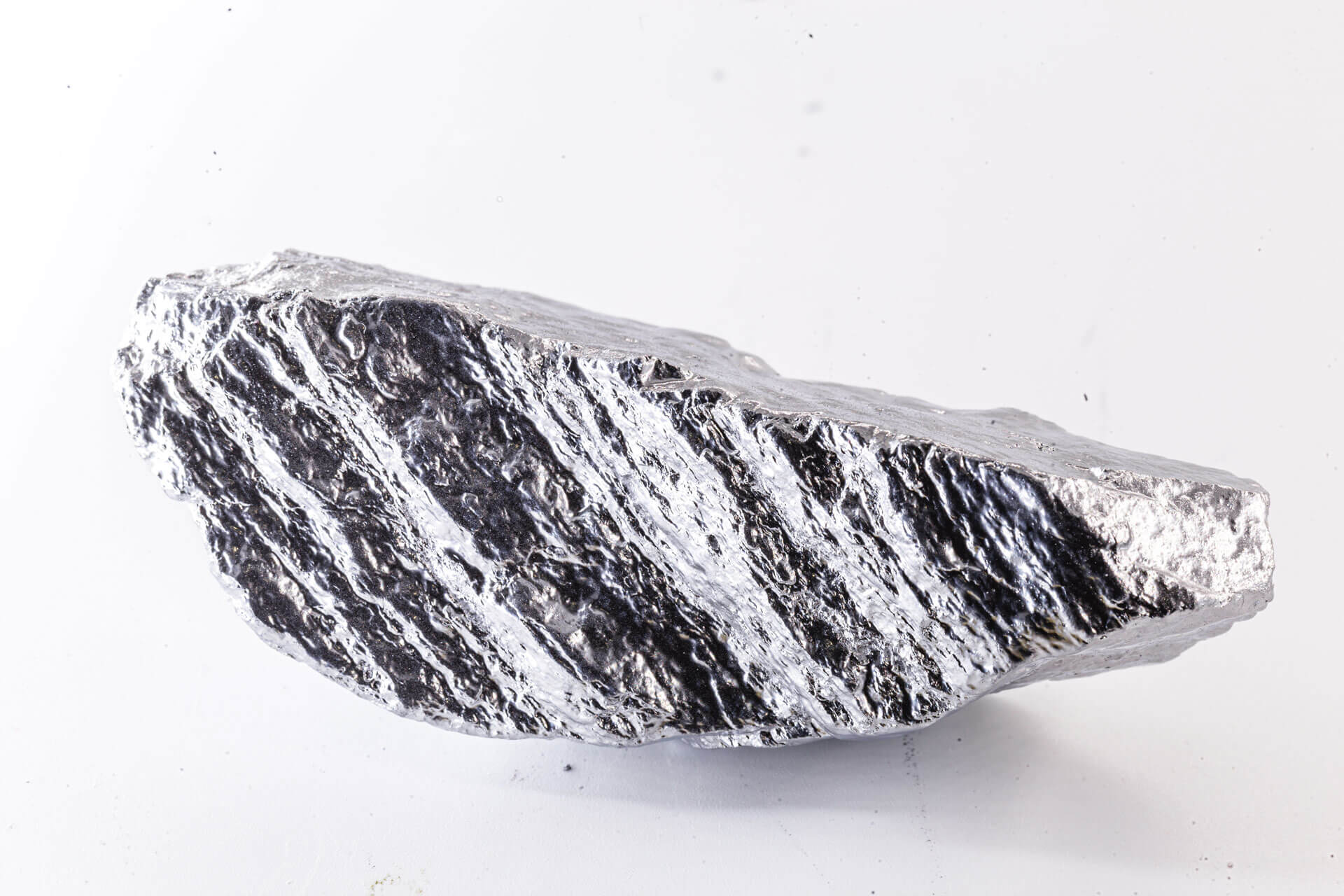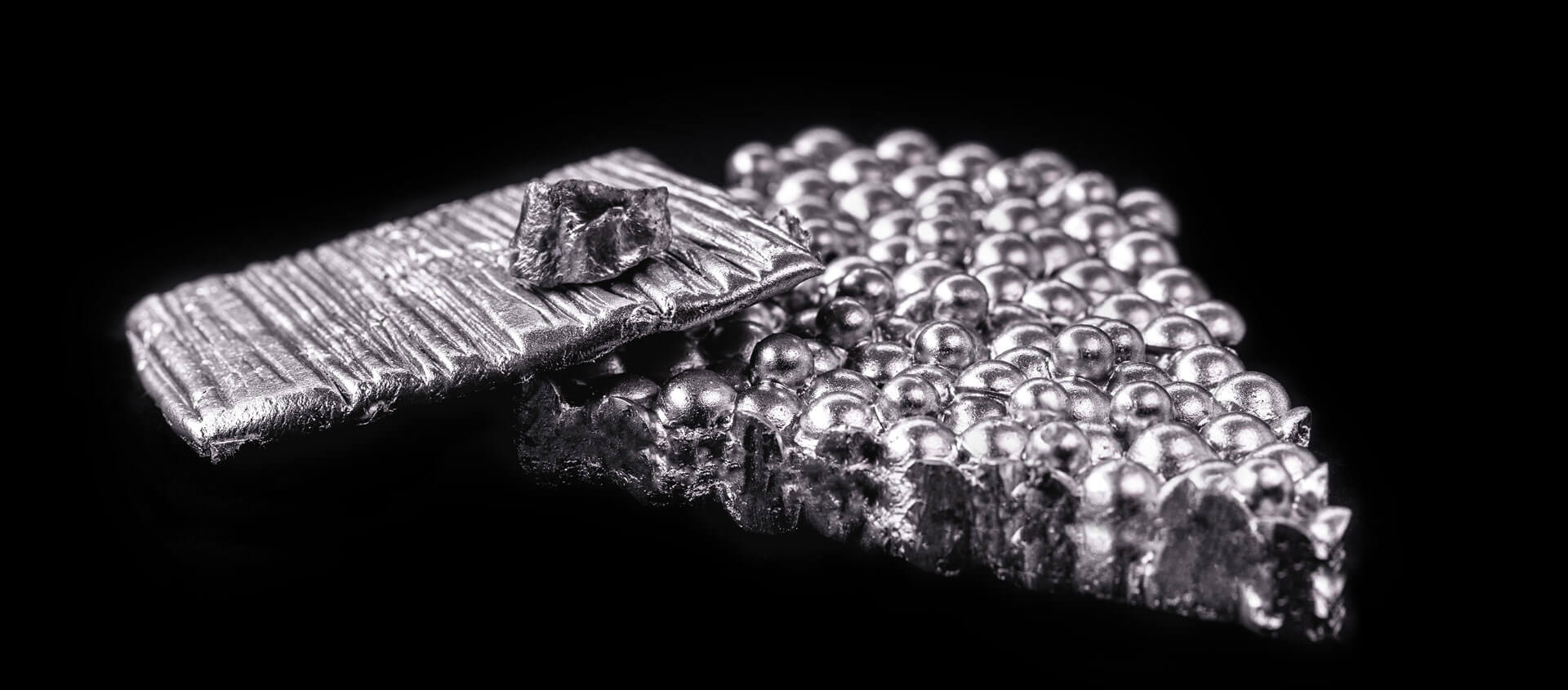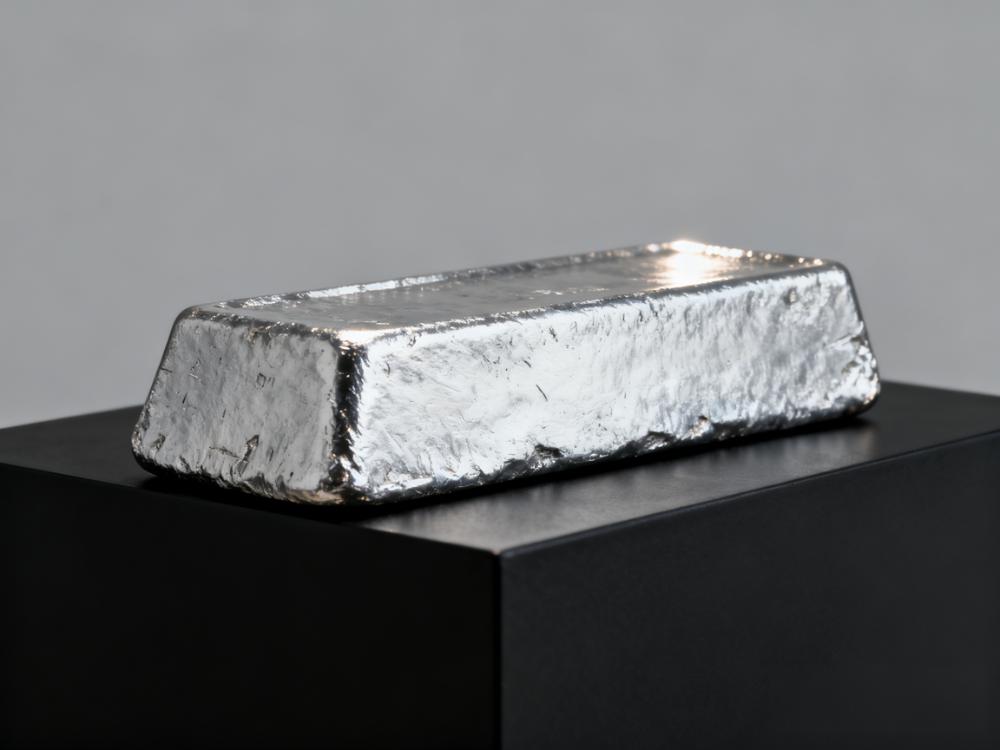According to the Biden administration's 100-day review of key supply chains, the US government should coordinate investment in nickel refining capacity with its allies.
In recent research reports, the importance of nickel to the United States has been mentioned again.
"if the US has the opportunity to target some part of the battery supply chain, this may be the most critical part of providing short-and medium-term supply chain stability," the report said. "
Although the United States relies on nickel imports, 68 per cent of the supply comes from what the report calls "allies", such as Canada, Australia, Norway and Finland.
But the Department of Energy (DOE) has identified category 1 nickel (the type most suitable for lithium-ion batteries) as a key loophole and opportunity.
This particular battery metal is likely to be the most significant increase in demand in the next few years, with market signs that there could be a massive shortage of category 1 nickel in the next three to seven years, the report said.
In fact, with the increase in nickel content in battery cathode design, not enough of the right type of nickel poses a supply chain risk to global battery manufacturing.
Demand for nickel is rising as carmakers try to reduce the use of cobalt.
New materials such as silicon and lithium metal anodes have been studied and have made "very good progress", the report said.
According to the U.S. Department of Energy, building recovery capacity is also a critical part of reducing dependence on key minerals.
By the end of the 20th century, battery recycling could meet up to 30% of nickel and 80% of cobalt use in electric vehicles, but there are several obstacles to achieving this goal.
It will need a national recycling policy to adjust sectors that are currently fragmented by state legislation.
It also needs more research and development on how to recycle electric vehicle batteries, because it is currently unprofitable in many cases, and chemical treatment becomes more and more difficult with the increase of battery composition.
Ideally, it should be built at the same time as other parts of the battery supply chain, such as battery and battery pack manufacturing, allowing "new" waste to be recycled back into the production process.
The report recommended that the United States should set up an inter-agency working group to "fully understand the opportunity landscape and coordinate actions to support domestic recycling".
The world will need more new nickel before recycling has a real impact.
There is a nickel mining and processing boom in Indonesia, but the dominance of Chinese companies does not bring any comfort to the US, but means that the country is likely to "further lag behind China in this key mineral".
As a result, the report concluded that "it is urgent to develop a strategy around category 1 nickel".




